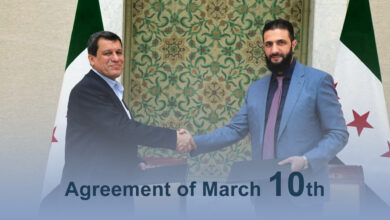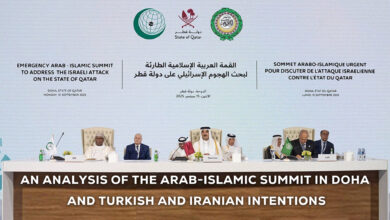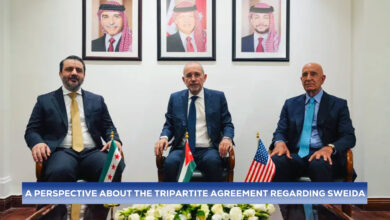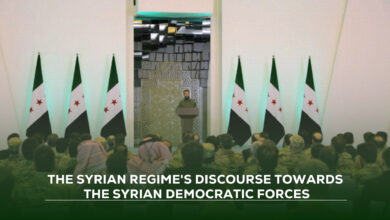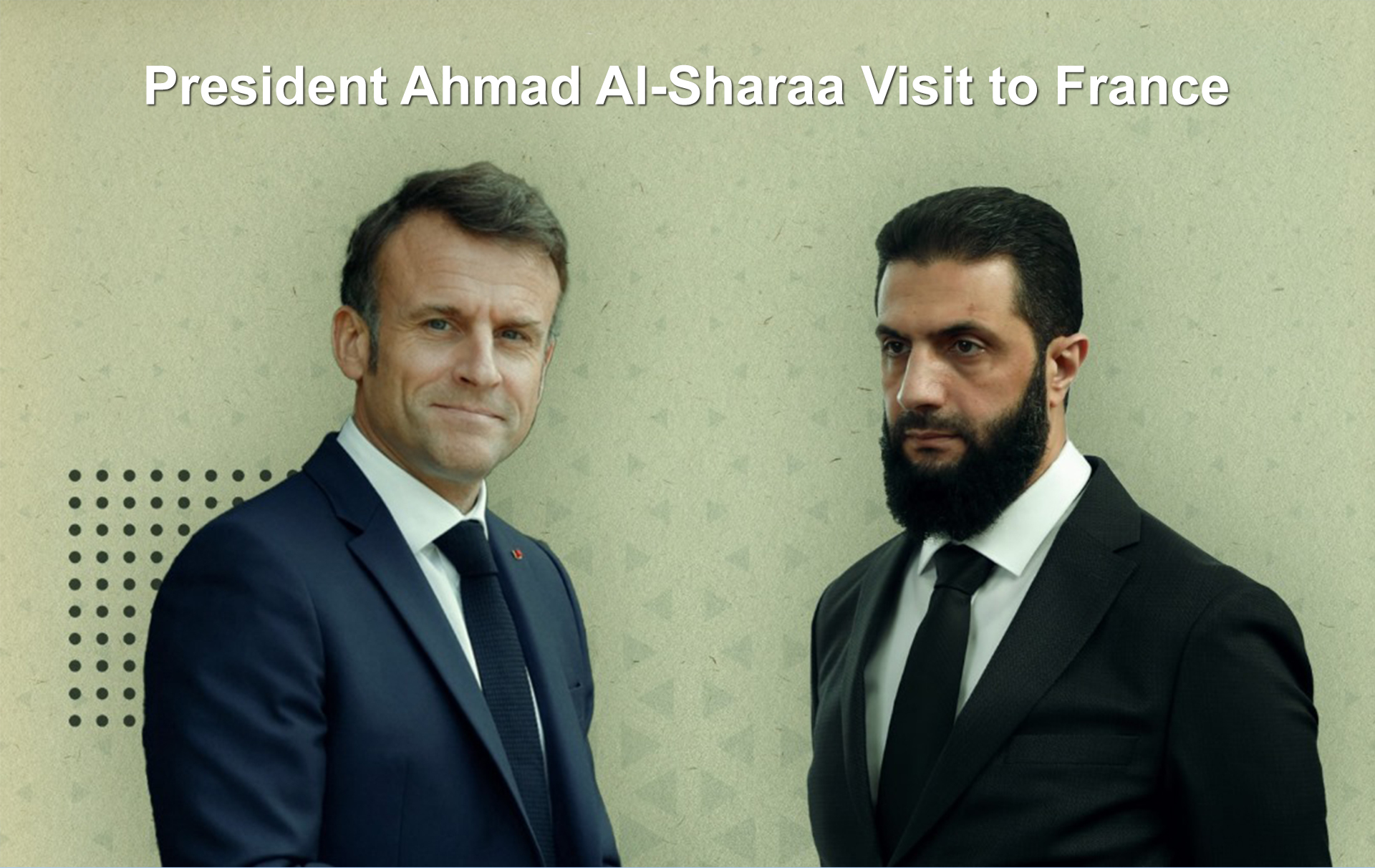
The article expresses the writer opinion
Syrian President Ahmed al-Shara’s visit to Paris is not a routine event, but rather a pivotal political moment that highlights the depth of the Syrian complexity, the specificity of the Kurdish issue, and the role of the Autonomous Administration and the Syrian Democratic Forces (SDF) in the country’s future.
The visit comes amid French-European attempts to revive a new negotiation track in Syria, outside of traditional regional alignments, and on the basis of rebuilding the Syrian social contract through recognizing societal pluralism and institutionalizing decentralization.
Since the outbreak of the Syrian conflict, France has maintained a special position on the international scene, refusing full normalization with Damascus without fundamental changes in the structure of power and the nature of the regime. However, the transformations of the past year – especially the fall of the previous regime, rising European fears of waves of migration, the return of terrorist threats, and the decline of the American role – have prompted Paris to rethink its role, but not on the basis of accepting a return to the situation before 2011, but rather by imposing new visions for a solution.
President al-Shara’s visit – as a new president – represents, albeit partially, a break with the symbolism of the Ba’athist era. The visit will give France an opportunity to test the reality of the new regime and Damascus’s willingness to open a new page based on a participatory approach that includes all components, especially the Kurds and the Autonomous Administration.
In fact, France plays a central role in supporting the Kurds, whether through military participation in the international coalition against ISIS alongside the SDF, or through receiving political delegations from the Autonomous Administration in Paris, or through defending the project of decentralization as a realistic framework for the political solution in Syria.
According to diplomatic leaks, French President Emmanuel Macron considers the Kurdish issue to be the key to the Syrian solution, and views the Autonomous Administration as a relatively successful field model in terms of managing diversity, combating extremism, and protecting the rights of women and minorities.
Therefore, issues such as the recognition of the national and cultural rights of the Kurds, guaranteeing the representation of the Autonomous Administration in the political and constitutional process, and establishing a permanent decentralized model in Syria, will be strongly raised in the Macron-al-Shara meeting, as French conditions for any serious normalization process with Damascus.
The Autonomous Administration in northern and eastern Syria, represented by the SDF, is one of the most influential actors in the new Syrian reality. It is not just an armed faction, but a civil and political authority that imposes a de facto situation that extends over more than a third of the country’s area. France realizes that ignoring the SDF means consolidating the failure of any comprehensive political project, and that marginalizing it could lead to a new security and social explosion, especially in a multi-ethnic region. However, on the other hand, Damascus remains hesitant to politically recognize the Autonomous Administration, despite some undeclared military understandings.
Hence, the Macron-al-Sharaa meeting will be a test of intentions and an opportunity to present a clear equation: gradual recognition of the Autonomous Administration in exchange for a more flexible role in the political process and assurances of the country’s unity. Emphasizing that the Syria of the future must be a state for all its people is one of the most prominent pillars of the French approach.
France pays special attention to the protection of Alawites, Druze, Syriacs and other components, and supports their integration into any decentralized political structure that guarantees their particularities. Sunni Arabs from the residents of al-Jazira also feel politically marginalized for decades, and France believes that involving them in any decentralized form of government will be a decisive factor in stability.
Paris views the Druze, Alawites, and Ismailis as components suffering from political and cultural alienation, and believes in the need to involve them within a non-exclusionary national identity.
In this context, political decentralization, and perhaps a form of expanded administrative federalism, constitutes a solution that can bring these components together under the roof of state unity, without returning to the system of central hegemony that led the country to disaster.
If President al-Sharaa shows flexibility regarding the Kurdish issue and decentralization, he might receive conditional French support in international forums, and perhaps partial support in the reconstruction file. However, if he insists on the state’s centralism and denies the existence of the SDF as a political representative, France will maintain its channels with the Autonomous Administration, and may even work to float its project politically, especially if the Americans withdraw in the future.
For its side, the SDF will be required to present a comprehensive political vision for Syria, not limited to the Kurdish regions, but encompassing all Syrian diversity, to convince Paris and other capitals that it is a national party and not just a local one.
In this crisis-ridden Syrian scene, President Ahmad al-Shara’s visit to France represents more than just an official visit; it is a diplomatic confrontation between two projects for Syria: a centralist project that is draining the country for decades to come, and another pluralistic, decentralized project that is the birth of a new, strong Syria with all its components inside the country and in Rojava and northeastern Syria. President Macron’s decisive stance in supporting the issues of the Kurds and the rest of the components will put the ball in Damascus’ court; either openness to a new social contract, or clinging to a past that can no longer be restored.
The visit constitutes a crucial turning point in the Syrian scene, and may be the beginning of a gradual transition towards a pluralistic, decentralized system if the current political moment is well invested. The SDF today has a rare opportunity to consolidate its political and constitutional presence, while Paris has the ability to impose a new equation that preserves the rights of the Syrian components and establishes a just and sustainable peace.
